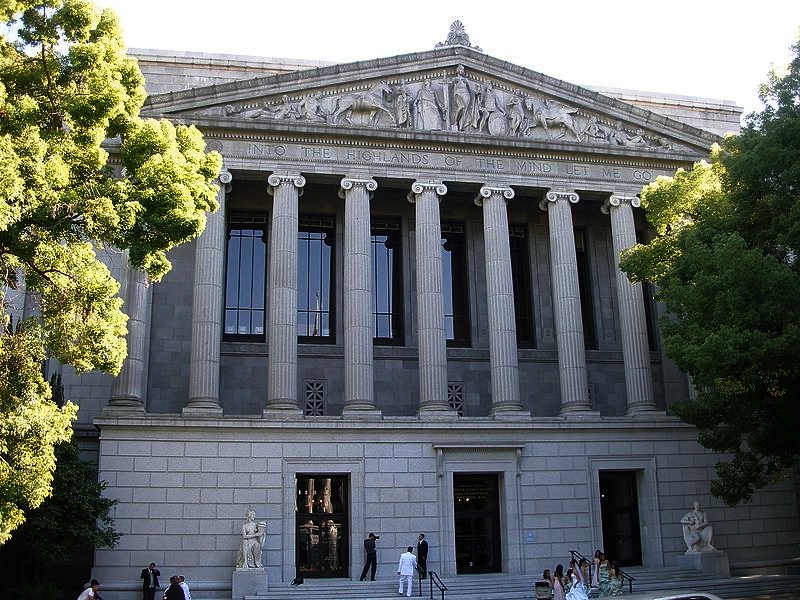
SOCIAL JUSTICE BLOG
Read and share extraordinary stories from the frontlines of social change

Impact Fund Spring Grants Support Women, Kids, and People of Color Seeking Justice
In our spring grantmaking cycle, we granted $131,500 to support three impact lawsuits across the country. Our new grantees are doing incredible work to protect the rights of foster youth, challenge the racially biased use of surveillance technology, and prevent gender discrimination in insurance pricing. We are grateful to be supporting these important cases—these are the compelling stories behind them.

Impact Fund Grantees Combat Injustice & Score Major Victories in 2023
As we approach the end of 2023, we wanted to take a moment to reflect on our grantees’ incredible accomplishments. This year, Impact Fund grantees achieved meaningful change for a wide range of communities experiencing injustice, including incarcerated people, racial justice protesters, mobile home residents, unhoused people, and more. We were honored to help support these cases, which demonstrate how impact litigation can be an effective tool to hold powerful entities accountable.

California Racial Justice Act Could Be a Check on Racist Gang Injunctions
Gangs are commonly associated with organized crime and terror. However, young people typically join gangs to find community, not to commit violent crime. The concept of a gang has racial implication as well, due to historical discrimination of young Black and Brown men. When we think of white supremacist organizations that commit violent crime, they are usually called “groups,” a word with much less stigma surrounding it. Because of the negative and violent associations pushed by the media and government around gangs, the public fear of gang violence increased from the late 20th century to the early 21st century. In an attempt to curb gang violence and reduce fear surrounding gangs, local governments across the country have implemented gang injunctions.

Economic Justice For Los Angeles Bus Riders!
The case was a classic civil rights case involving poor minorities whose need for basic travel to jobs and for everyday life fell victim to the desire of public officials to serve rail riders from the better-off, mostly white suburbs and the lure of flashy new trains and ribbon-cutting at sparkling new train stations.

Class Action Hero, Sylvester McClain, Stands Up To Racial Discrimination
When I returned to civilian life in 1969, I found Lufkin, Texas, to be much the same. The “White Only” signs might have been gone, but segregation was not.Lufkin Industries was the best paying employer around. It was understood the job assignments were segregated - blacks got mostly unskilled labor assignments under the worst conditions – but it was our best opportunity to support our families. The contrast with the integration efforts in the Marines was difficult to accept. It was rough. After a few months, I was temporarily blinded in a welding accident. My boss didn’t offer any medical attention or even a ride...
Black Lives Matter: Advocating for Racial Justice in St. Louis County
In May of 2016, Quinton Thomas, a native St Louisan was pulled over in Beverly Hills, a Missouri town of 574 people that is 93% black and receives 26% of its general revenue from court fines and fees. Mr. Thomas was driving his friend to a barber shop to get his haircut when he was stopped by police for having a “busted front bumper.” In the past three years, Mr. Thomas has been pulled over, arrested and jailed for unpaid traffic tickets, and as a result he has lost two jobs and one vehicle, not to mention days of his life, and a sense of safety when he gets behind the wheel.
